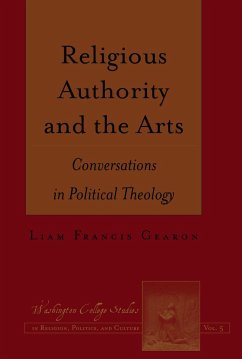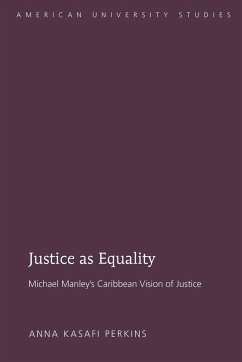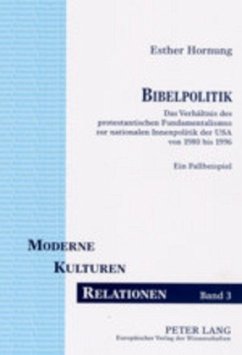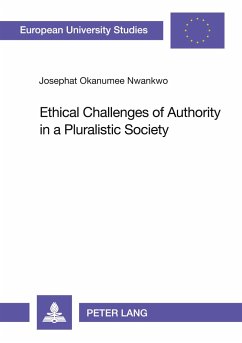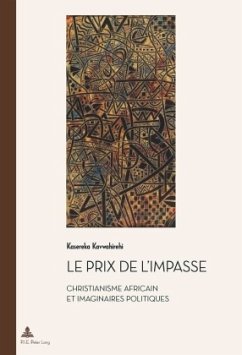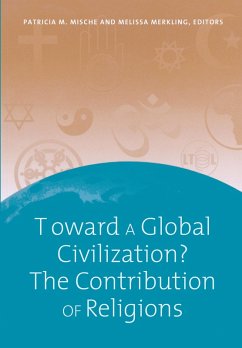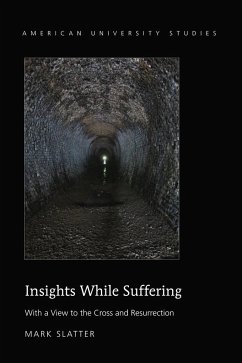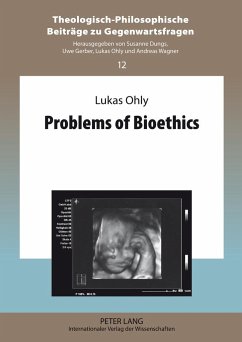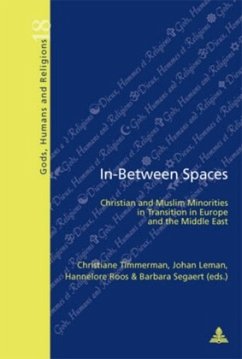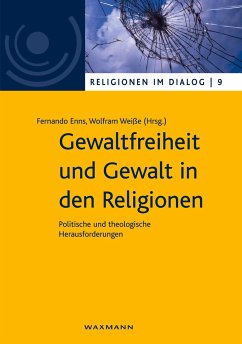
Faith and Politics in America
From Jamestown to the Civil War
Herausgegeben von Prud'homme, Joseph

PAYBACK Punkte
0 °P sammeln!
Faith and Politics in America explores the period from 1607 to the American Civil War. This book addresses the role of religion in the political process in early America, the extent to which religion influenced eighteenth century politicians and decision-makers, and how the founding fathers used religion in laying the foundations for a fair and just constitution. It also explores the meaning of the separation of church and state in the mind of many of the great political actors and thinkers in America in the early and late federal period and their views on traditional Christianity. The book tr...
Faith and Politics in America explores the period from 1607 to the American Civil War. This book addresses the role of religion in the political process in early America, the extent to which religion influenced eighteenth century politicians and decision-makers, and how the founding fathers used religion in laying the foundations for a fair and just constitution. It also explores the meaning of the separation of church and state in the mind of many of the great political actors and thinkers in America in the early and late federal period and their views on traditional Christianity. The book traces how religion contributed to the success of subsequent political leaders, such as the founders of the Whig and Democratic parties, who claimed to be religious or to be adherents of a certain faith and who used religion as a guide to execute policies; and the role of religious faith in arguments over the institution of slavery before and during the Civil War. While exploring these topics from the time of the seventeenth through the nineteenth centuries, the essays included in Faith and Politics in America afford unique assessments of the American Revolution; the thought of Thomas Jefferson; the religious philosophy of James Madison; the life and thought of John Quincy Adams; the operation of the second party system; and religious debates over the acceptability of slavery immediately prior to the Civil War.




